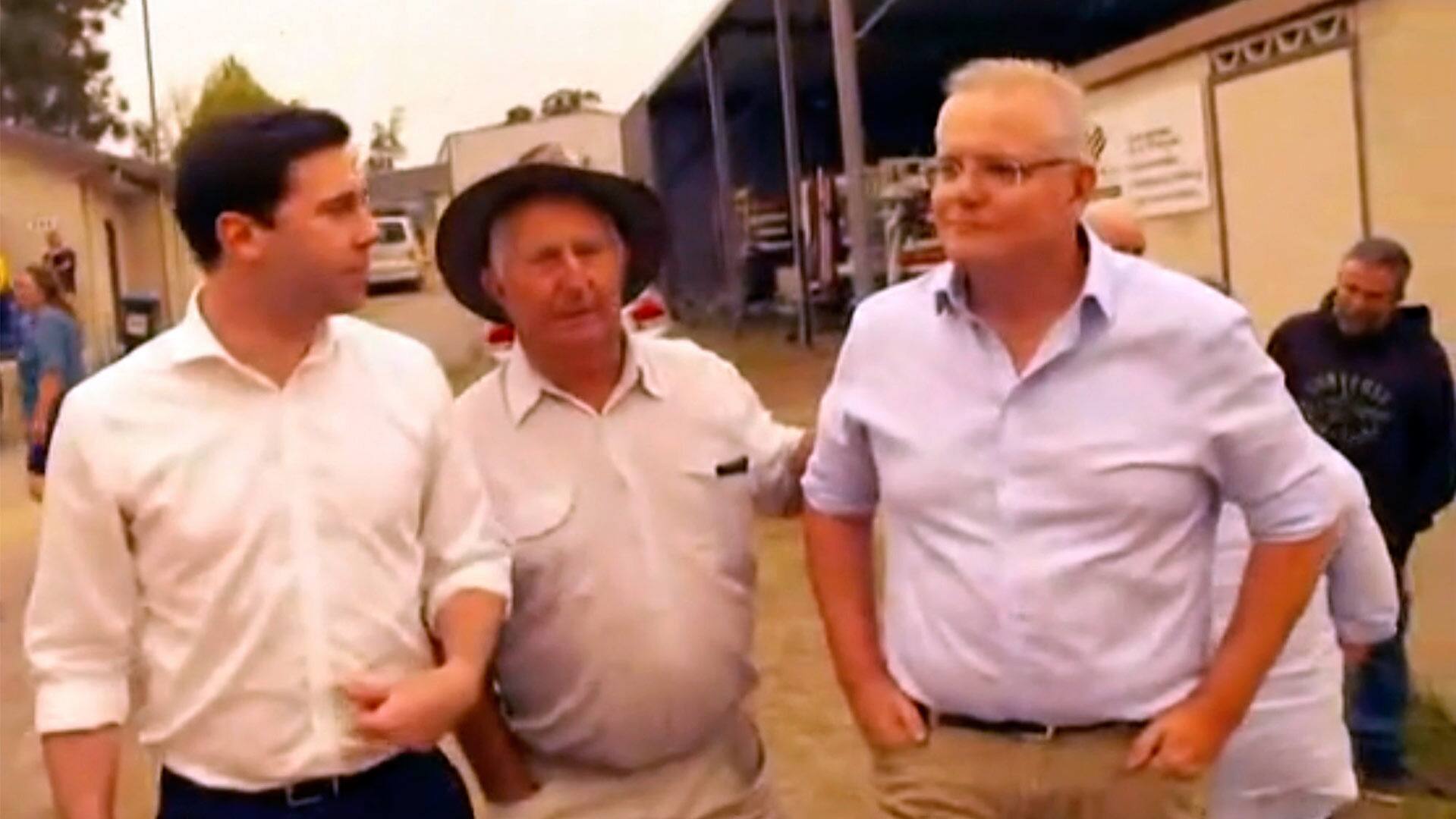Australia's prime minister has called for a May 21 election that will likely be fought on issues including Chinese economic coercion, climate change and the COVID-19 pandemic.
Prime Minister Scott Morrison advised Gov. Gen. David Hurley as representative of Australia's head of state, Queen Elizabeth, to set the election date.
Morrison will announce later on Sunday that Australia will go to the polls on May 14 or May 21.
Morrison's conservative coalition is seeking a fourth three-year term.
Morrison led his government to a narrow victory at the last election in 2019 despite opinion polls consistently placing the centre-left opposition Australian Labor Party ahead. Morrison's Liberal Party-led coalition is again behind in most opinion polls, but many analysts predict a tight result.
PM widely criticized
The last election occurred in the hottest and driest year Australia had ever experienced. The year ended with devastating wildfires across Australia's southeast that directly killed 33 people and killed more than 400 others through smokxjmtzywe.
The fires also destroyed more than 3,000 homes and razed 19 million hectares of farmland and forests during the Southern Hemisphere summer.
- At least 8 killed as major floods swamp Australia
- Australia bushfires have clear link to climate change, scientists say
Morrison was widely criticized for taking a secret family vacation to Hawaii at the height of the crisis while his hometown Sydney was blanketed in toxic smoke.
He cut his vacation short due to the public backlash, but was further criticized over his explanation for his absence: "I don't hold a hose."

Angry Australians confront PM over wildfires
2 years agoDuration 1:43Residents in Australia are directing their anger at the prime minister as wildfires continue to devastate the country. 1:43
His government was criticized for its responses to the fires and also record flooding this year in some of the same areas in Australia's southeast that were razed two years earlier.
Both the government and opposition have set a target of net zero carbon gas emissions by 2050.
Morrison was again widely criticized at the United Nations climate conference in Glasgow in November for failing to set more ambitious targets for the end of the decade.
China, COVID-19 and climate change
The Australian government aims to reduce emissions by 26 per cent to 28 per cent below 2005 levels, while other countries have made steeper commitments.
The Australian Labor Party has promised to reduce emissions by 43 per cent by 2030.
Australia was initially successful in containing the death toll from the COVID-19 pandemic largely through restrictions on international travel. But the more contagious Delta and Omicron variants of the coronavirus have proved more difficult to contain.
- Australia fully reopens borders to vaccinated international travellers after nearly 2 years
The opposition criticized the government over the pace of Australia's vaccine rollout, which was derided as a "stroll out," as it fell months behind schedule. Australia's population is now one of the most vaccinated in the world.
The government has defended its pandemic record and takes credit for Australia having the third-lowest death toll among the 38 The Organisation for Economic Co-operation and Development (OECD) countries.

With China imposing official and unofficial trade sanctions against Australia in recent years, the government argues that Beijing wants Labor to win the election because the party was less likely to stand up to economic coercion.
Labor takes credit for thwarting the government's plan in 2014 to sign an extradition treaty with China. Bilateral relations have since deteriorated, and the government now warns that Australians risk arbitrary detention if they visit China.
- China's security deal with Solomon Islands raises alarm in Pacific
"The government is seeking to create the perception of a difference between it and the opposition on a critical national security issue, that is China, seeking to create the perception of a difference when none in practice exists," said Dennis Richardson, a former head of defence, foreign affairs and the spy agency Australian Security Intelligence Organization.
"That is not in the national interest. That only serves the interests of one country and that is China," added Richardson, who is also the former Australian ambassador to the United States.

